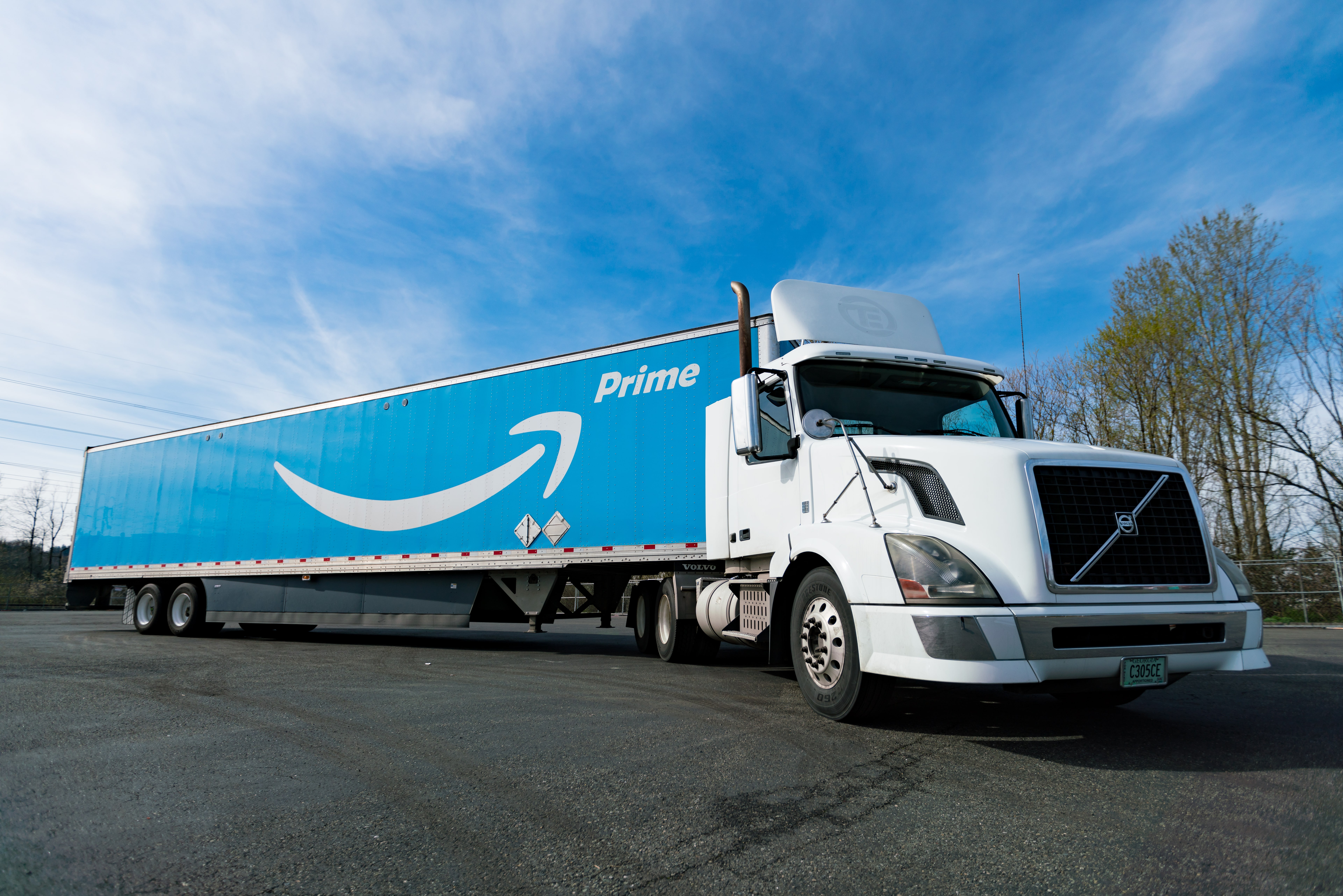
Amazon looks poised to expand into India’s online grocery market. The development follows the Indian government’s June 2017 approval for the global e-commerce giant to stock and sell food in its country.
As we previously reported, the move comes after Amazon announced plans in June to acquire Whole Foods Market in a deal worth $13.7bn, clearly demonstrating its intention to become a major player in food retail. The company’s Amazon Fresh brand already operates in the US and UK and was rolled out to some areas of Tokyo, Japan, in April this year.
“There does appear to be a growing interest in buying groceries online in India, particularly in urban areas. This is being driven by consumer’s hectic schedules and their desire for convenience so that the little leisure time they do have is not taken up by domestic chores,” says Ranjana Sundaresan, global food and drink analyst at Mintel.
For Amazon India, investment in a fresh food delivery service would increase the foothold of some Amazon operations already running across parts of the country. Amazon Now was piloted in 70 area codes of Bengaluru in early 2016. This app-only service is partnered with major retailers in the sector including BigBazaar and Reliance Fresh, delivering goods provided by those retailers to customers through Amazon’s app within a specified two-hour time slot. India’s first Prime Day, a measure intended to increase the online consumer base for rapid household goods delivery, saw Prime subscriptions increase in small Indian towns as well as in cities as Amazon expanded their reach across the country.
The online market in India is a hotly contested space. In a country of 1.3 billion, the online population is between 460-465 million, according to the Internet and Mobile Association of India (IAMAI). Major companies, notably Amazon and Alibaba, are seizing the potential in Indian firms. Alibaba has a 40% share of online payment system Paytm (an acronym of ‘Pay Through Mobile’), which boasts 200 million online Indian wallets. With increasing numbers of smartphones in India, online payments for fast food delivery could pose a significant threat to the current market leader of traditional ‘mom-and-pop’ bricks and mortar grocery stores.
As Sundaresan notes, “Amazon faces competition from existing players who have already established themselves in India in the online grocery space, meaning that Amazon will need an offering that sets itself apart.”
Operational centres
Separately, Amazon announced in July this year that it would be building a 90,000 sq ft ‘Fulfillment Centre’ in Bhiwandi, India, its sixth such building in the Mumbai area. Amazon forecasts that by the end of 2017, there will be 41 operational centres of its kind in 13 states across India. Intended to provide small and medium businesses with the capacity to tap into the online market and offer bases for delivery across the country, these centres follow Alibaba’s footsteps in China in building increasing numbers of warehouses.
“In line with our vision to transform the way India buys and sells, we have been consistently investing in enhancing our capabilities to provide superior experience to both buyers and sellers,” says Akhil Saxena, vice president of India customer fulfillment at Amazon India. Amazon was unavailable to comment on whether these new centres would facilitate grocery retail, should they expand.
Amazon’s eye for potential in Asia is not only on developing markets. The company’s highly anticipated first move into Southeast Asia began on Thursday 27 July, as Amazon Now was launched in Singapore.
“The primary reason Amazon picked Singapore as its first market in Southeast Asia is due to the fact that consumers here are more westernized and affluent,” said Xiaofeng Wang, a senior analyst at Forrester, in a statement. Singapore also has a higher level of internet penetration than India.
This move pits Amazon against Alibaba in another Asian country. The Chinese online retail giant has a controlling stake in regional e-commerce firm Lazada. Last year, Lazada bought Singapore-based online food retailer RedMart, which offers grocery delivery to customers in Singapore within a two-hour delivery window. Amazon Now is in direct competition with Alibaba’s Singapore venture.
As the competition in Singapore mounts, and as India’s online market grows and more customers turn to ordering groceries online, food retail looks set to be a battleground for major players searching for dominance in e-commerce.
Frances Ball
